Raising Environmentally-Responsible Kids? These 7 Books Make It Simple & Fun!
Asking questions like who owns water or pointing facts about how many times plastic can be recycled, these books introduce your little ones to concepts like conservation, coexistence, waste reduction and child rights, among others!
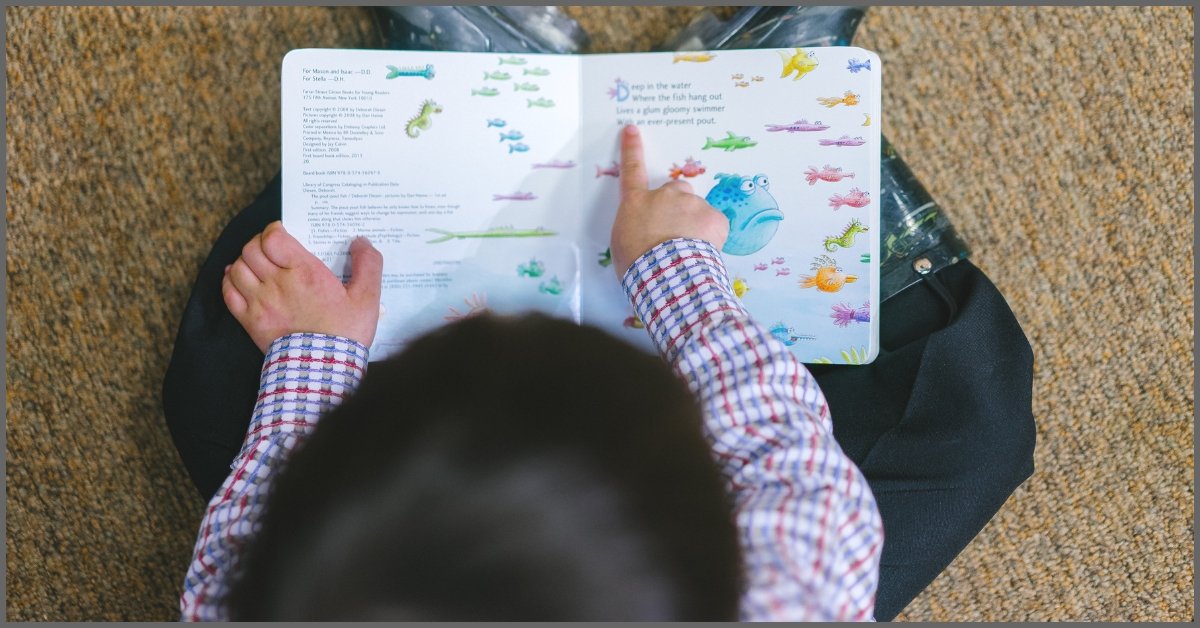
Here are some books by well-regarded Indian authors that, without being moralistic or dull, encourage young readers to reflect on environmental issues and the strands of kinship that bind us to the non-human world.
1. Water Stories from around the World, Various Authors
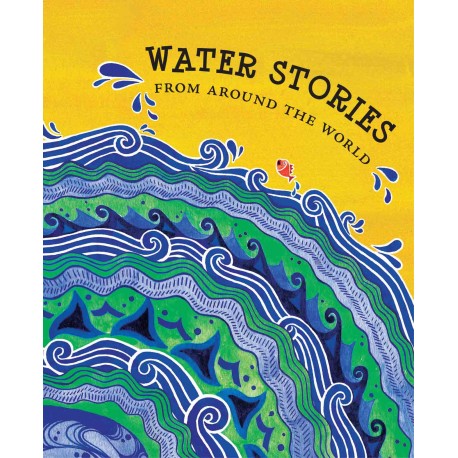
Children are taught in school to save water but when told through beautifully illustrated, imaginative tales, they understand much better that water belongs to everybody and that we share the responsibility to use it carefully.
‘Who owns water?’, ‘What causes droughts?’, ‘How can we share water?’ —These are just some of the fascinating and important questions this book urges children to think about.
A compilation of retold folktales and mythology from 11 countries, it is accompanied by vivid illustrations of water from these cultures. It also carries the message of understanding water, valuing and protecting it.
2. Ouch & Moo, Trupti Godbole, Govind Mukundan and Poonam Bir Kasturi
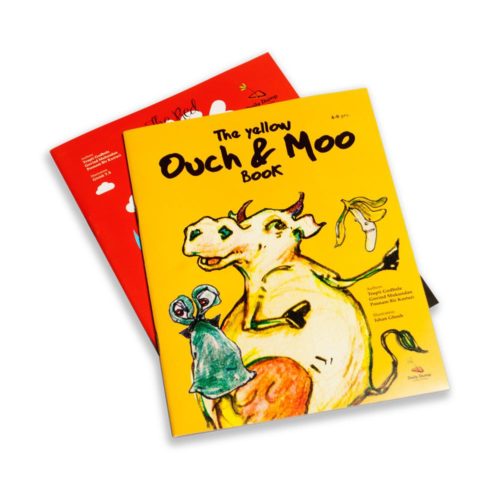
Published by Daily Dump, a Bengaluru-based waste solutions company, this set of two illustrated books draws children’s attention to the problem of plastic bags and the impact this everyday material has on the environment.
Packed with activities (‘plant a banana peel and a plastic bag and see which decomposes in the soil’) and real-world examples, it points readers to some important facts about plastic (‘how many times can plastic be recycled?’).
The Red and Yellow Ouch and Moo books help children differentiate between man-made and natural things and understand where they all go once we are done with them. It also includes some concrete steps that a child can take in her daily routine to build the habit of reducing, reusing and recycling.
Buy this title here.
3. So You Want to Know About the Environment, Bijal Vachharajani
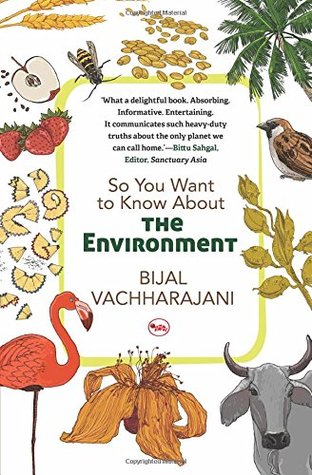
Did you know that the water you’re drinking could be the very same water that dinosaurs drank billions of years ago? Or that climate change is putting the world’s chocolate supply in grave danger?
Peppered with activities, experiments, quizzes and crafts, this book allows readers to engage with the problem of climate change. Who wouldn’t love mapping their family’s mood swings as the weather changes or doing a smell test that allows you to eat a whole lot of yummy food?
The author’s laidback narrative and clever humour make complex topics like ocean pollution and food sustainability accessible to young readers. Children may be its stated target, but there’s a lot for adults to take away from this book, too.
4. Catch That Crocodile, Anushka Ravishankar
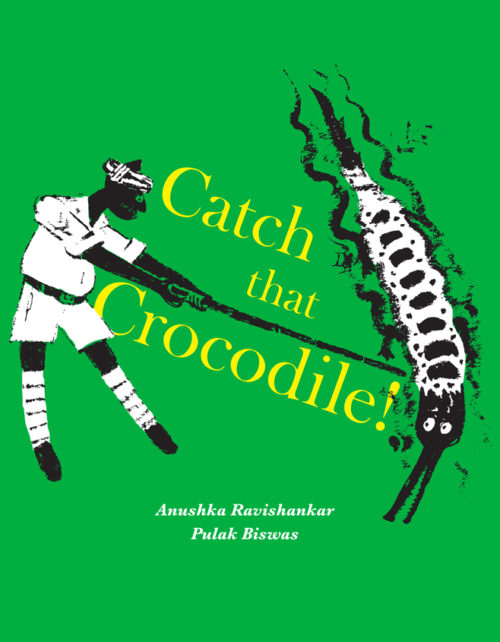
Another book from the stable of Anushka Ravishankar, who, with her nonsensical rhymes and communicative typography, delights readers of all ages.
When an escaped crocodile is suddenly found in a ditch one day, the whole town is sent into a tizzy. Between Policeman Probin and his stick, and Doctor Dutta armed with his potions, deciding the future of the croc brings some of the town’s strongest men to their knees.
As we weigh the reptile’s options, the author introduces a subtle message of conservation and coexistence (‘Who says a crocodile should be caught?’). Do more peaceful methods to guide the reptile home triumph over the portly wrestler Bhayanak Singh’s tactics to terrify the hapless beast back to whence he came?
Read and find out!
5. Trash! On Ragpicker Children and Recycling, Gita Wolf and Anushka Ravishankar

Fact and fiction blur in this poignant book that the authors say was the result of workshops done with rag-picking children. It introduces readers to the world of waste and helps them empathise with the people behind the waste industry.
The protagonists—street children, Velu and Jaya—are ragpickers who give us an inside look into what happens to our waste once it leaves our homes. It introduces readers to reusing and recycling.
The book addresses some important issues—social discrimination against waste pickers, child rights, and waste reduction. It also urges readers to observe the world around them more closely and see how they change their behaviour.
For instance, in Houses From Trash, it asks children to observe a slum dwelling and notice how ‘what some people throw away as waste is valuable to others’. The book makes readers sit up and take notice of the often invisible people who keep the wheels of the waste industry turning.
6. The Water Catchers, Bhairavi Parekh
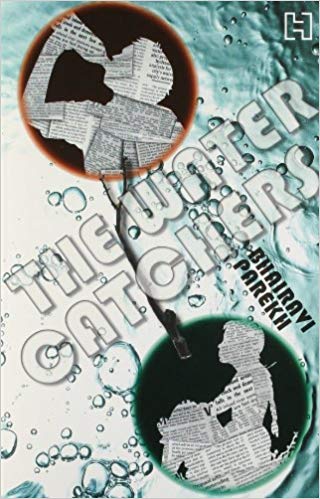
This book takes readers along on a wild ride from flood-prone Mumbai to drought-hit Gujarat as Chintu sets off to solve an ancient mystery and rescue his ancestral village from running dry.
Every drop of water in his grandfather’s beloved Tintodan is precious and must be saved, but does Chintu have what it takes to win the race against time and save the people?
Reality-bending adventures, ancient prophecies and magical characters come together to bridge the gap between reality and fantasy and leave readers with a new respect for this life-giving resource.
7. The Honey Hunter, Karthika Nair
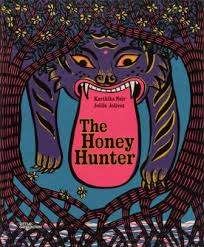
An evocatively illustrated book that tells the story of Shonu, his parents who are honey-gatherers, and Bonbibi, the presiding demon-tiger deity of the Sunderbans—a delicate and fascinating place in flux.
One day, struck by hunger, Shonu defies the cardinal rule of the honey-hunters and sets off into the heart of the mangrove forest to find some honey.
Will he feast on his favourite food? Does he encounter the mighty Bonbibi? The lush visuals bring to life one of India’s most ecologically sensitive regions while the poetry paints a picture of an ecosystem not many of us know about.
Buy Ouch & Moo on The Better India Shop here.
(Edited by Shruti Singhal)
Like this story? Or have something to share?
Write to us: [email protected]
Connect with us on Facebook and Twitter.
If you found our stories insightful, informative, or even just enjoyable, we invite you to consider making a voluntary payment to support the work we do at The Better India. Your contribution helps us continue producing quality content that educates, inspires, and drives positive change.
Choose one of the payment options below for your contribution-
By paying for the stories you value, you directly contribute to sustaining our efforts focused on making a difference in the world. Together, let's ensure that impactful stories continue to be told and shared, enriching lives and communities alike.
Thank you for your support. Here are some frequently asked questions you might find helpful to know why you are contributing?


This story made me
-
97
-
121
-
89
-
167














